Butler is a husband, father, grandfather, business executive, entrepreneur, and political observer.
The bloody and tragic conflict in Gaza could continue for months and even years. It is an extension of conflict that started before most of us were born and seems intractable. But Israel cannot eliminate Hamas, in the same way that the United States has been unable to eliminate Al Qaeda, ISIS or the Taliban.
These terror groups are not just people, but extreme ideologies. Attempts to eliminate the people of Hamas, especially with the inevitable and tragic “collateral damage,” will ultimately result in more ideologues. Only those who both support Hamas (whether actively or through their inaction) and live with the direct results of that support can end the ideology.
How did it get to this point? The land now referred to as Israel and Palestine has been the home of both Jewish and Arab peoples, and their ancestors, from before the beginning of recorded human history. The area has been conquered and controlled by a range of national entities over the centuries, with the local Jewish peoples usually being oppressed and sometimes forced from the area, later to return and re-establish themselves in what they saw as their homeland.
In modern times, since the end of World War I, there has been an international consensus for a two-state solution and, in November 1947, the United Nations General Assembly passed a resolution for a “Plan of Partition with Economic Union” that provided for “Independent Arab and Jewish States and the Special International Regime for the City of Jerusalem.” This two-state solution was rejected by neighboring Arab countries, which invaded Israel the day after it was formally established in 1948.
This begs a thought experiment:
Where would Palestinians and Israel be today if on May 15, 1948, the day after the creation of the state of Israel, the Palestinians had declared their own state and initiated diplomatic relations with Israel and the broader global community? What if members of the Arab League had welcomed this new state of Palestine and initiated diplomatic relations with Israel? I’ll leave you to think through what might have been, but we should also consider what could be.
Arab nations and the Palestinian Arabs themselves (or at least their leadership) continued their resistance to a two-state solution for decades before beginning to temper their views. This began when Egyptian President Anwar el-Sadat and Israeli Prime Minister Menachem Begin signed the Camp David Accords in 1978, with a final peace agreement signed in 1979. So momentous was this step that Sadat and Begin shared the Nobel Peace Prize in 1978. Sadat paid for this bold move with his life when he was assassinated by members of the Egyptian Islamic Jihad in 1981.
Following the first Intifada (from 1987 to 1993) the Oslo Accords were signed by the Palestine Liberation Organization and Israel, wherein each party recognized the other party’s legitimacy and established a framework for future negotiations. There was resistance to these Accords on both sides, and when the second intifada broke out in 2000, the Oslo process came to a halt. While the PLO ostensibly continues to support a two-state solution, Palestinian and Islamicist resistance continues. And yes, there are Israelis who also resist a two-state solution.
More recently, with the Abraham Accords, the historically anti-Israel countries of the United Arab Emirates, Bahrain, Morocco and Sudan each recognized Israel, and diplomatic relations were established. Whether directly or indirectly, the agreements all supported the two-state solution and a negotiated settlement of the Israeli-Palestinian conflict.
Most recently there appears to have been progress in peace negotiations between Israel and Saudi Arabia that included support for a two-state solution and a negotiated settlement between Israel and the Palestinians. There is speculation that Hamas, with the backing and encouragement of Iran, timed its Oct. 7 attack on Israel in part to pre-empt any such agreement.
So, while the Arab nations originally opposed a two-state solution, the trend is in this direction, though painfully slow and with tragic and violent interruptions. Several Palestinian and radical Muslim groups, including Hamas, continue to subscribe to the idea of a single Palestinian state “from the river to the sea,” and the eradication of Israel and the Jewish people. In 2006, the year after Israel unilaterally ended its occupation and settlement in Gaza, Hamas won the first (and so far, only) Palestinian legislative elections. Because of Hamas’ history of violence and its continued intent to eradicate Israel, most of the international community refused to recognize it as the legitimate leadership of Palestinians. But given Hamas’ influence and strengths, it has controlled Gaza ever since.
The barbaric attack Hamas conducted on Oct. 7 has prompted Israel to conduct its retaliation as a full-scale war with the explicit intent to eradicate Hamas. This has resulted in a higher level of civilian deaths, injuries and displacement than past responses. The human tragedy is obvious. But given the goal to eliminate Hamas and given the Hamas strategy of embedding itself among civilians, this is not surprising. Even if one believes Israel is doing its best to avoid such results, which is contradicted by the video evidence, we grieve for those civilians, and we know more Palestinians are being radicalized.
Israel made it clear from the beginning that this would be a war and not a mere retaliation, and that it would continue the war until Hamas had been eliminated. I wish Israel had made it clear to the Palestinians that they could avoid the coming war. How? By rising up and overthrowing their real oppressors – Hamas. This may seem impossible, but so does Israel’s objective of eradicating Hamas. The only people that can do that are the Palestinians themselves. Doing so would almost certainly require a violent revolution and likely many Palestinians would perish in the effort. But after 75 years of dying in a failed and futile effort to destroy Israel, when does it become obvious that another approach is in order? For those Palestinians who recognize two states as the only solution, for their children and grandchildren, they must renounce the Hamas ideology and remove the Hamas organization from power.
So let’s extend our thought experiment. What would result if the Palestinians themselves put an end to Hamas and sought peace with Israel in the framework of a Palestinian state? Again, I’ll leave it to you to think through what can be. For those who support Palestinians from afar, especially politicians and protestors, and most especially those who find it difficult to blame Hamas, what would result?
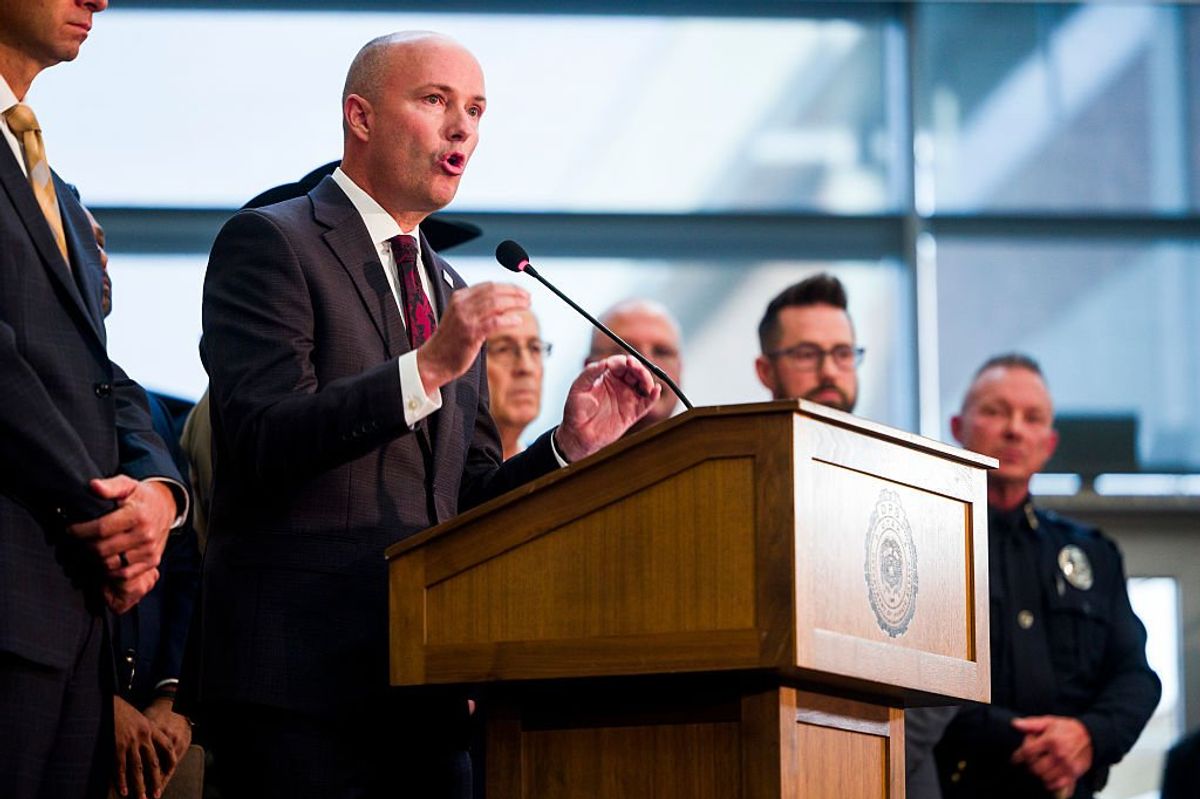
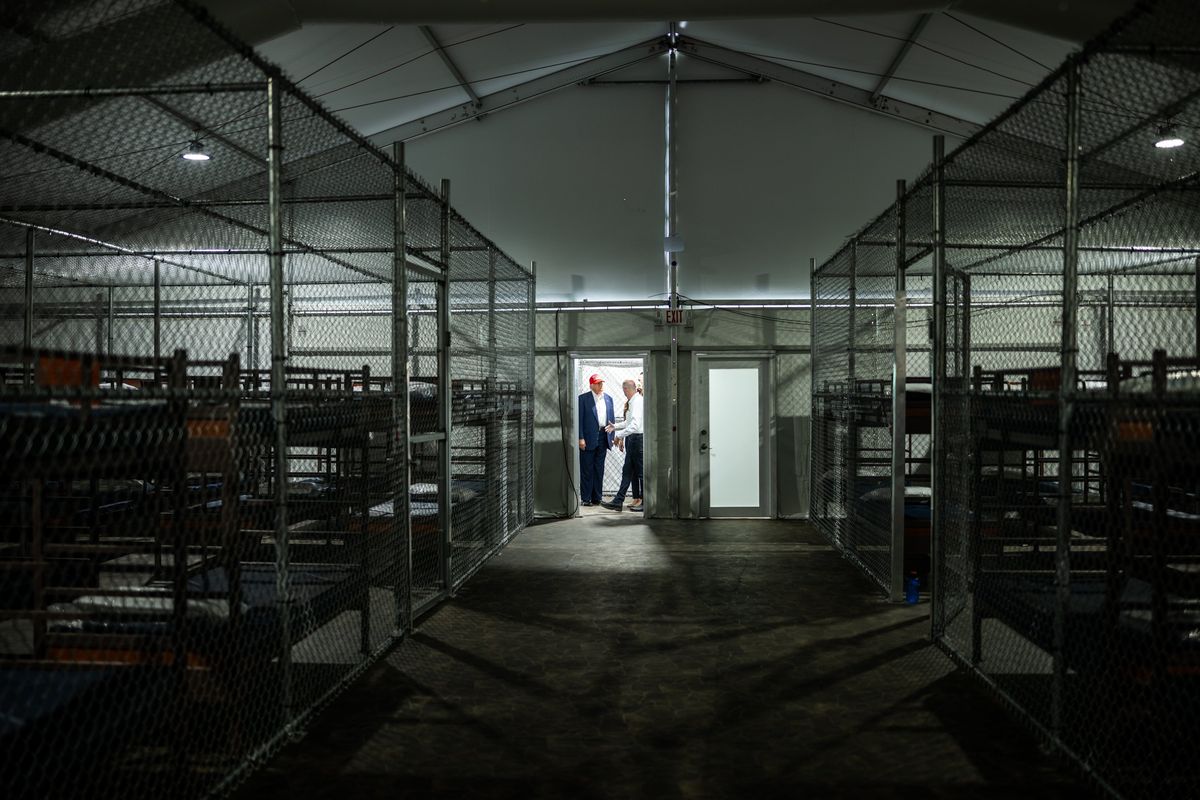
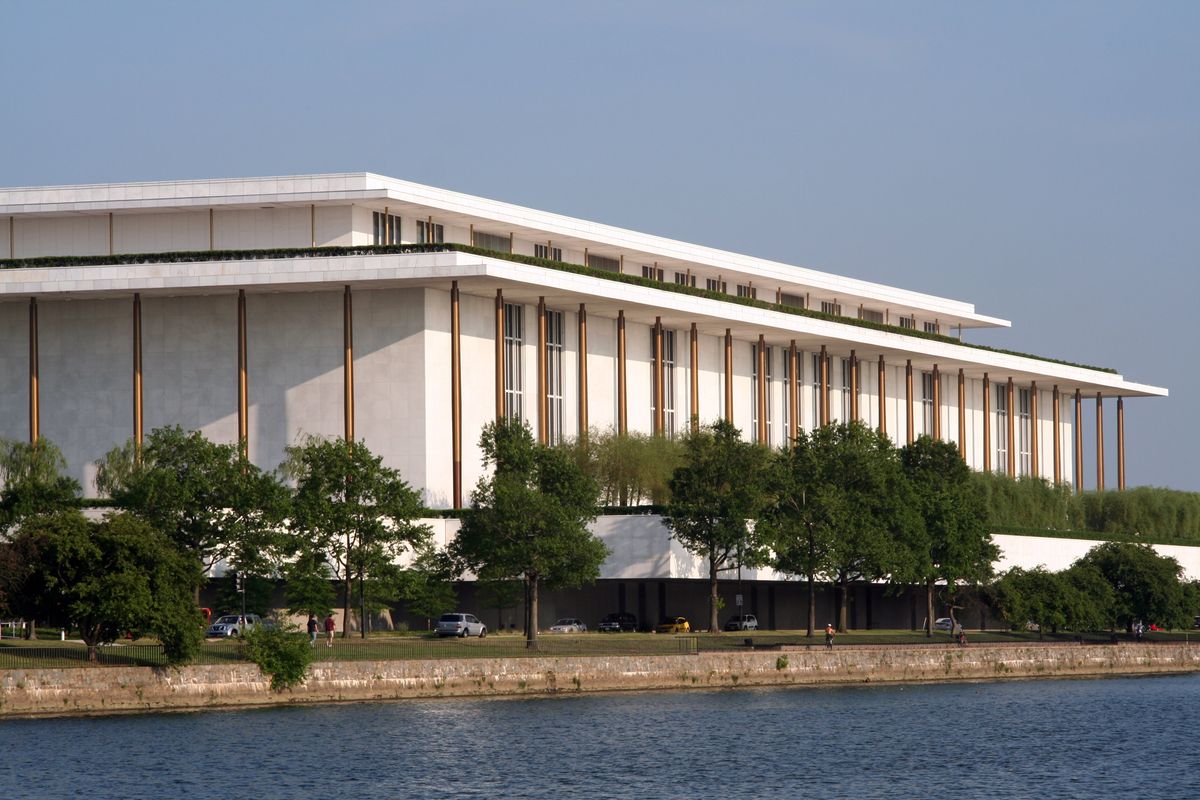


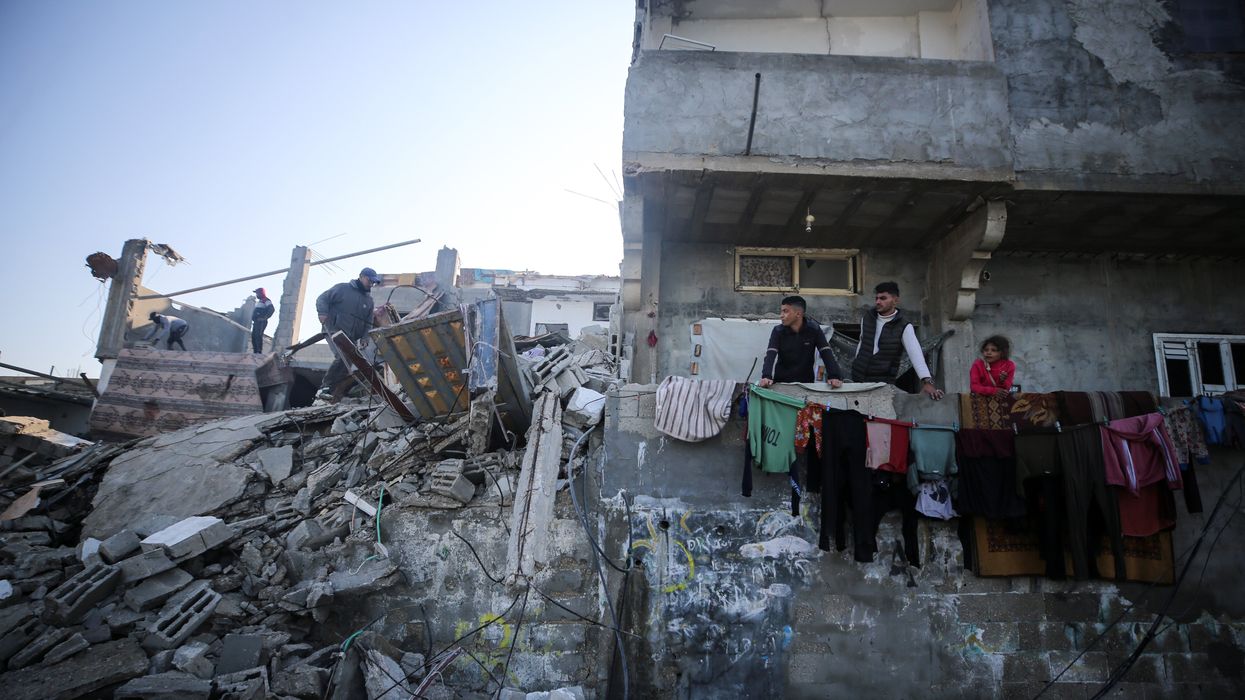













 Rep. Blake Moore (R-UT-01)Credit: CMF
Rep. Blake Moore (R-UT-01)Credit: CMF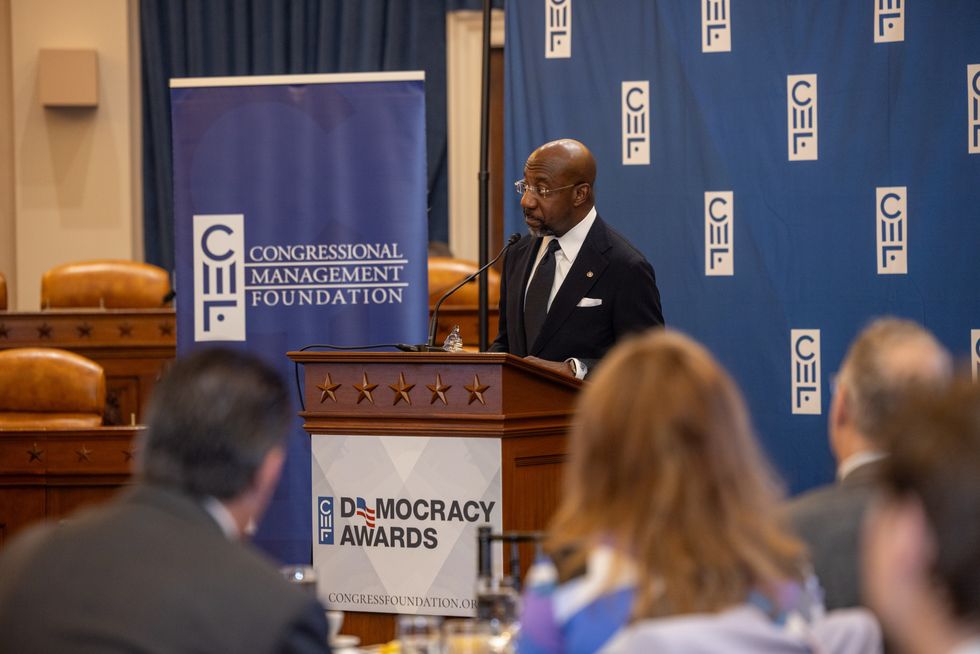 Sen. Raphael Warnock (D-GA)Credit: CMF
Sen. Raphael Warnock (D-GA)Credit: CMF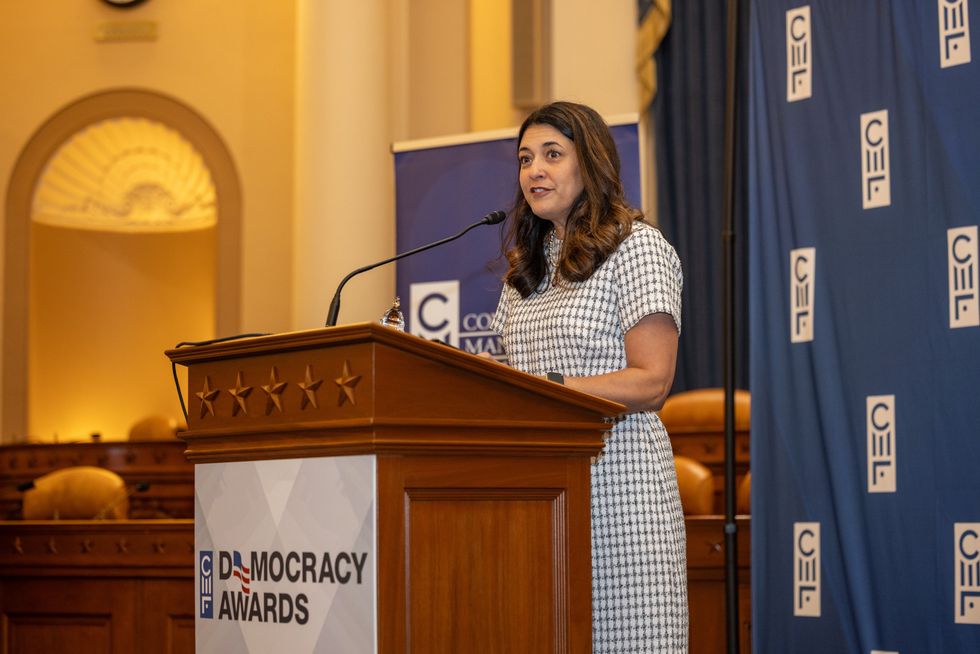 Rep. Stephanie Bice (R-OK-05)Credit: CMF
Rep. Stephanie Bice (R-OK-05)Credit: CMF
